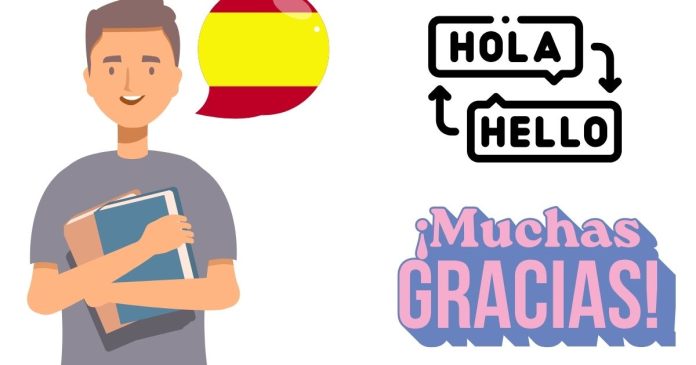Learning a new language as an adult can seem daunting, but with the right approach, it’s entirely achievable. Spanish, one of the most widely spoken languages in the world, offers countless opportunities for cultural and personal growth. Whether you’re learning for travel, career advancement, or personal enrichment, here are some of the best ways to learn Spanish effectively as an adult.
1. Set Clear Goals
Before diving into learning Spanish, establish why you want to learn it and set achievable goals. For example, you might aim to hold basic conversations within three months or achieve fluency in a year. Clear objectives help you stay motivated and focused.
2. Immerse Yourself in the Language
Immersion is one of the fastest ways to learn Spanish. Surround yourself with the language through:
- Watching Spanish TV shows and movies: Platforms like Netflix and YouTube offer a wealth of Spanish content.
- Listening to Spanish music and podcasts: Incorporate these into your daily routine to familiarize yourself with pronunciation and rhythm.
- Changing your device settings to Spanish: This forces you to engage with the language regularly.
3. Take a Structured Course
Enrolling in a language course provides a structured learning path. Options include:
- Online platforms: Duolingo, Babbel, and Rosetta Stone offer interactive lessons.
- Local classes: Community centers or language schools often host Spanish courses tailored for adults.
- University courses: If you’re seeking a more formal education, consider enrolling in a college-level Spanish class.
4. Practice Speaking Regularly
Speaking is often the most intimidating part of learning a new language, but it’s essential for fluency. To practice:
- Join language exchange programs: Platforms like Tandem and HelloTalk connect you with native Spanish speakers learning your language.
- Hire a tutor: Services like italki and Preply offer affordable one-on-one lessons with native speakers.
- Participate in conversation groups: Check Meetup or local community boards for Spanish conversation meetups.
5. Learn Grammar and Vocabulary Systematically
Understanding grammar and building a robust vocabulary are key to mastering Spanish. Use:
- Textbooks and workbooks: Popular options include “Practice Makes Perfect” series and “Spanish for Dummies.”
- Flashcards: Apps like Anki and Quizlet help you memorize vocabulary effectively.
- Grammar-focused apps: Tools like SpanishDict provide clear explanations and exercises.
6. Incorporate Spanish Into Daily Life
Integrate Spanish into your routine to make it a natural part of your day:
- Label objects in your home: Write the Spanish names of household items on sticky notes.
- Think in Spanish: Narrate your thoughts or activities in Spanish to internalize the language.
- Write in Spanish: Keep a journal, draft emails, or write social media posts in Spanish.
7. Travel to Spanish-Speaking Countries
Immersing yourself in a Spanish-speaking environment accelerates learning. While traveling:
- Engage with locals: Practice ordering food, asking for directions, or having casual conversations.
- Take cultural classes: Cooking or dance classes taught in Spanish can enhance your language skills.
- Stay with host families: Homestays offer a unique opportunity to practice conversational Spanish daily.
8. Stay Consistent and Patient
Language learning is a marathon, not a sprint. Dedicate time daily to practice, even if it’s just 10-15 minutes. Celebrate small milestones and remember that mistakes are part of the learning process.
Tools and Resources to Help You Succeed
- Apps: Duolingo, Babbel, Memrise, and LingQ
- Books: “Easy Spanish Step-By-Step” by Barbara Bregstein
- Websites: SpanishDict, FluentU, and BBC Languages
- YouTube Channels: Spanish with Paul, Butterfly Spanish, and HolaSoyGerman
Final Thoughts
Learning Spanish as an adult may require dedication and effort, but it’s a rewarding journey that opens doors to new cultures, friendships, and opportunities. By combining structured learning with immersive and practical experiences, you can achieve fluency and enjoy the rich world of Spanish-speaking cultures. What methods have worked for you, or which ones are you excited to try? Share your thoughts in the comments!



